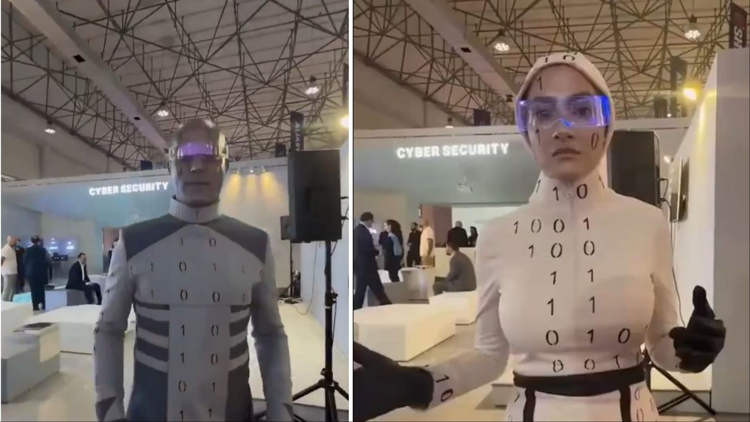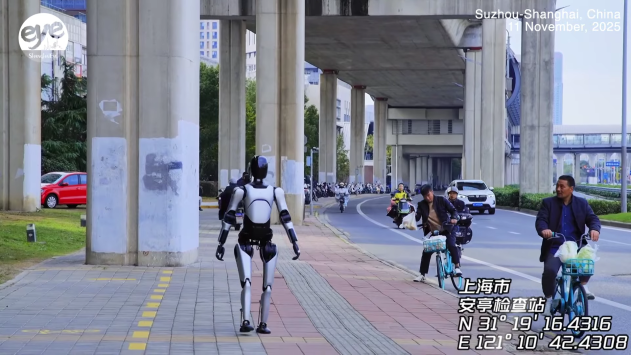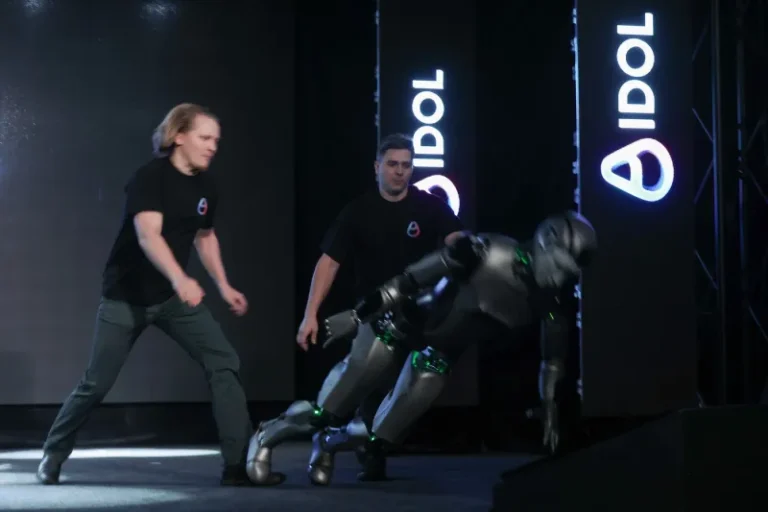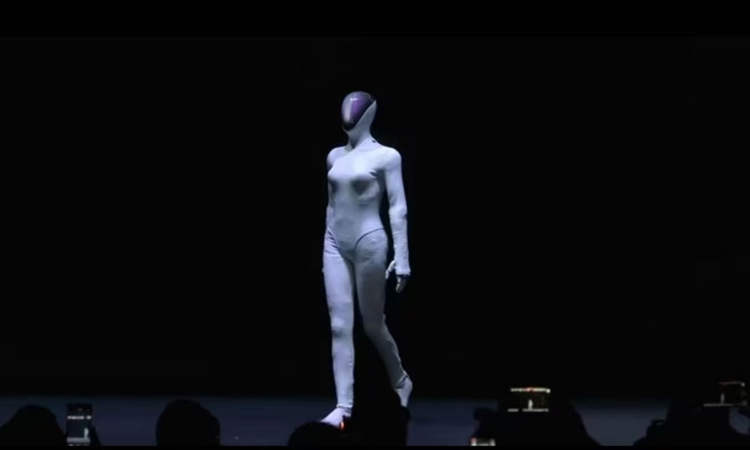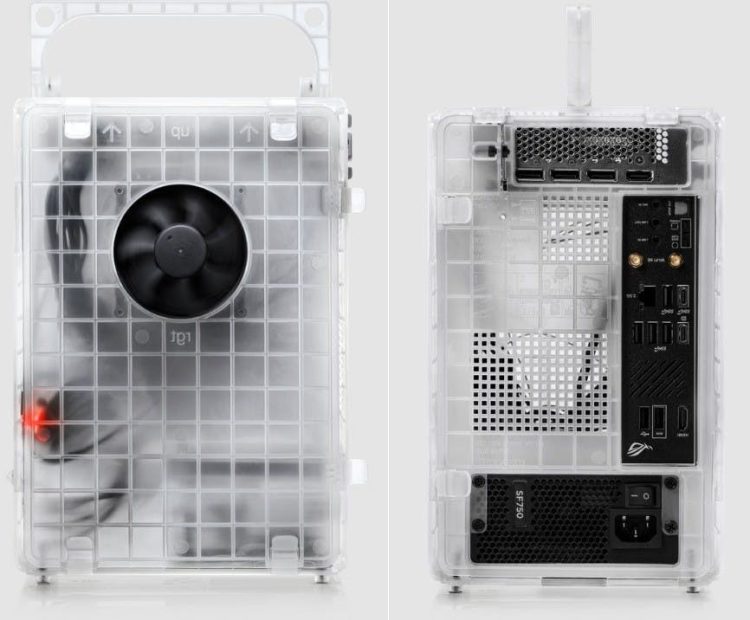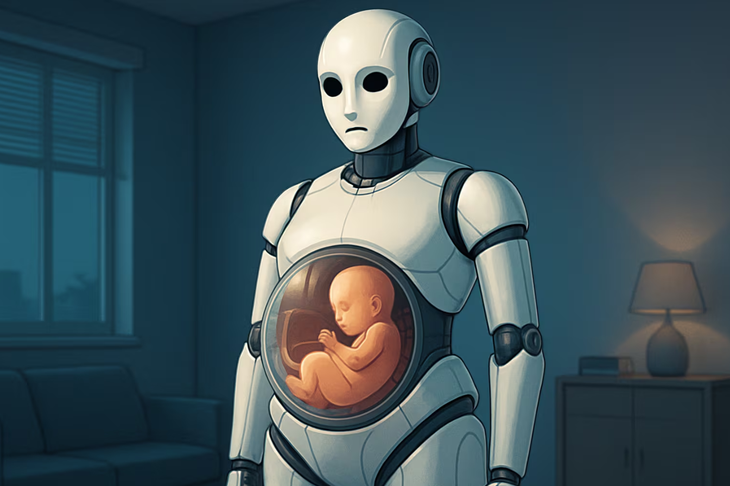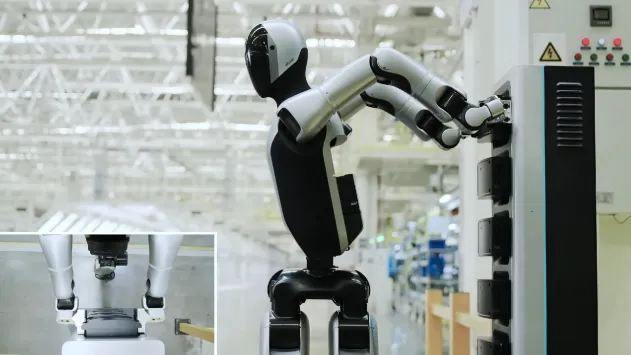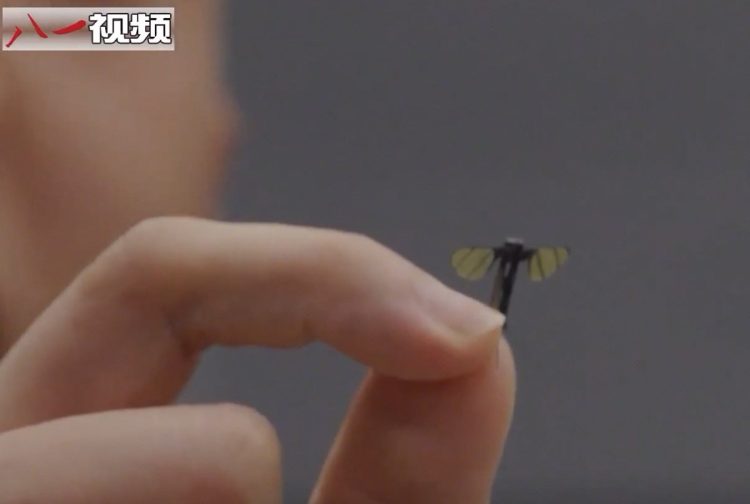AI Suitcase is a smart suitcase developed by a blind computer scientist to aid the visually impaired in navigating their surrounding more efficiently without the aid of white canes or guide dogs.
65-year-old Chieko Asakawa has been completely blind since she was only 14, following a tragic accident. A computer scientist and also the director of the National Museum of Emerging Science and Innovation, also known as Miraikan, in Tokyo she is living proof that the visually impaired can overcome their disability to achieve great things. But as someone who has long struggled with navigating unfamiliar and crowded places, Asakawa came up with an idea to help the visually impaired get around easier. In 2017, her own experiences inspired her to come up with the idea of a smart suitcase that could guide its user with the help of built-in sensors and cameras. Six years later, the AI Suitcase is almost ready for its commercial debut.
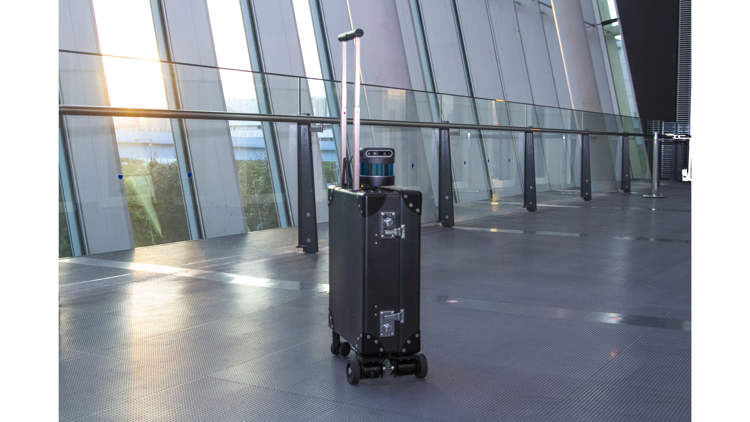
“AI guides me as it replaces the sight I have lost. It is a dream to be able to go out freely by myself,” Asakawa said during a 2020 interview when her invention first made international news headlines.
After the user inputs their destination on their smartphone, the AI Suitcase, which is small enough to be brought onboard flights as carry-on luggage, can plan an optimal route to that point. The smart suitcase then relies on a suite of sensors and a precise GPS system that can determine its position within a 10-centimeter margin of error to assess its surroundings and avoid bumping into other people and obstacles on its route.
The AI Suitcase offers feedback to the user both through a built-in conversational component, but also through haptic sensors in the handle. Although earlier prototypes were equipped with small wheels best suited for indoor use, the latest iteration of the smart suitcase features large, sturdy wheels and a powerful motor that can tackle outdoor environments as well.
The ingenious device is currently available for testing by any visually impaired person in front of the Miraikan Museum until February 6th. Asakawa and the companies that financed her work over the last few years (IBM, Omron, ALPS Alpine, etc.) want to make the AI Suitcase available for hire at airports, shopping centers, and train stations in the near future.
In the past, we’ve seen some other innovative technology designed for the visually impaired, like these AI-powered walking shoes.


